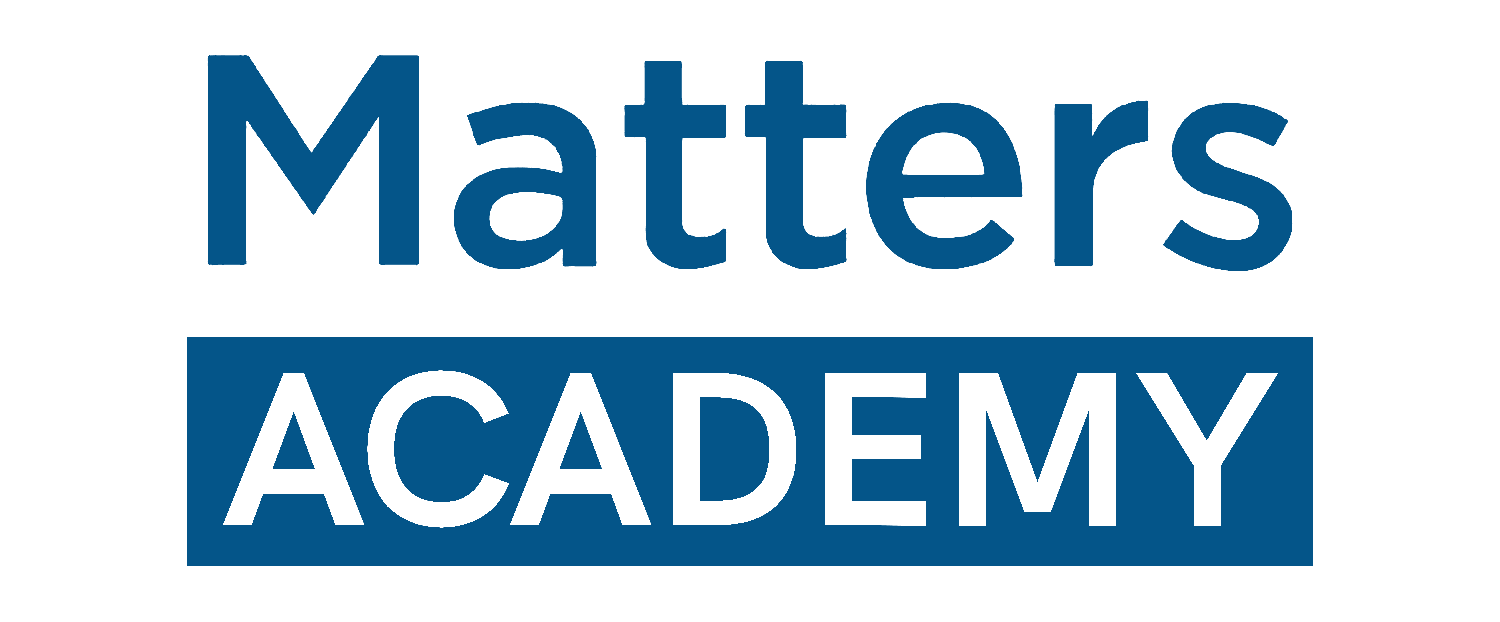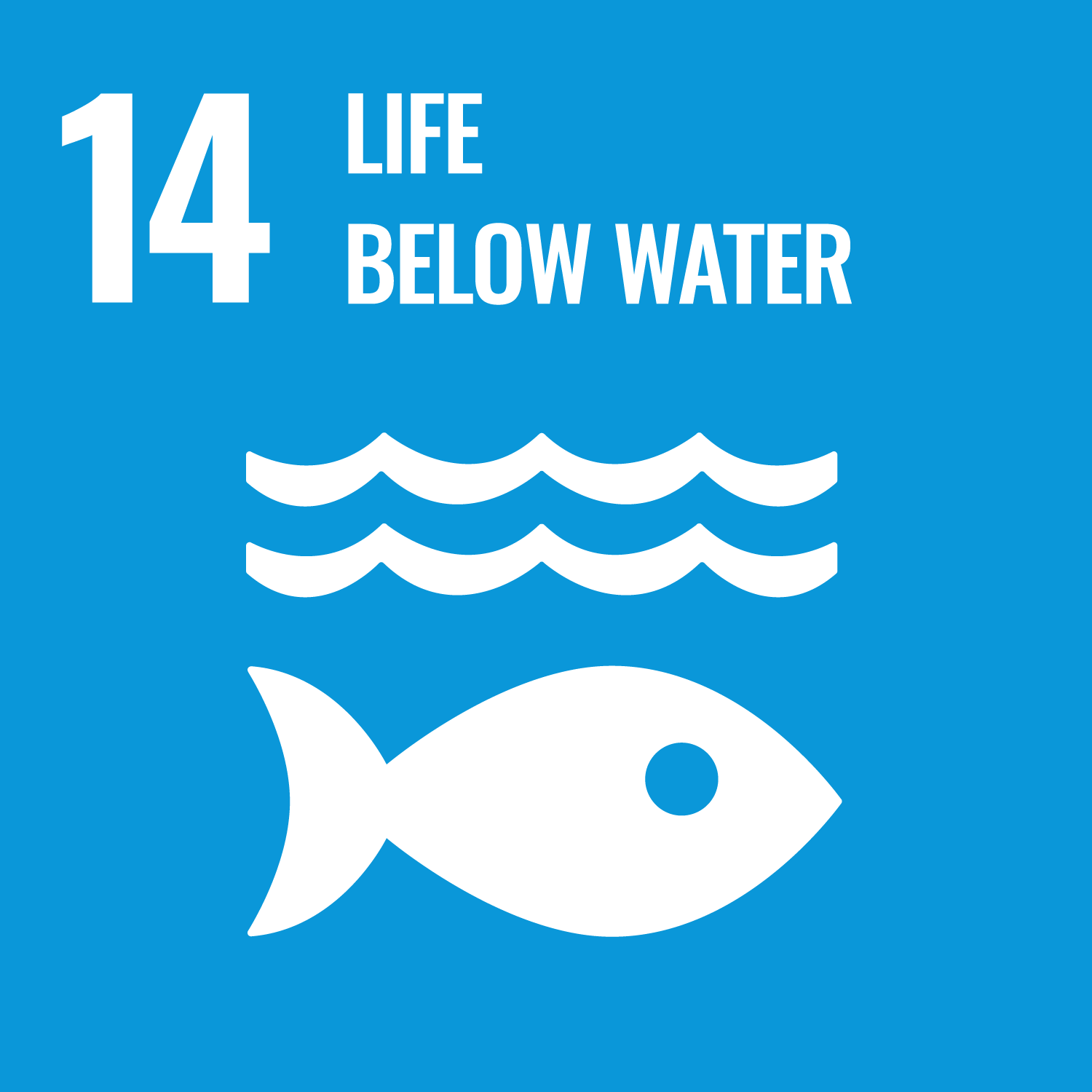Ocean series
Marine Plastic Pollution from Face Masks
Marine plastic pollution presents a serious threat to marine wildlife and ecosystems. Where does all this plastic come from? What impacts does this plastic have on our oceans? What can we do about it?
In this episode, Gary Stokes and Sam Cooke from OceansAsia examine marine plastic pollution by exploring their work on single-use plastic face mask pollution. The consumption and disposal of single-use plastic face masks increased dramatically during COVID-19, as did plastic pollution associated with personal protective equipment. Masks remain essential in combating the pandemic, resulting in increased waste. While unfortunate, this allows us to learn more about the problems with our waste management systems and over-consumption of plastic. OceansAsia's research found that more than 1.56 billion single-use plastic face masks entered our oceans in 2020 (4,680 to 6,240 tonnes). Despite this being a significant amount of plastic, it only represents a small percentage of the 8 to 12 million tonnes of plastic that enters our oceans annually. We must understand the nature of plastic pollution, its impacts on our environment, and what can be done.
What does OceansAsia's research show us?
English
Subtitles Available
Subtitles Available
Meet the Speaker
GARY STOKES
Born in the UK, Gary was raised in the Mediterranean, where his love affair with the ocean first formed. He has been living in Asia for the past 31 years where he has worked as a professional photographer and diving instructor. His images have been used in most major news agencies and publications. He became an effective ocean advocate and follows a ‘no-compromise’ approach when it comes to those inflicting harm on the marine ecosystems.
Gary has spent the past twenty years investigating and exposing the shark fin industry, gaining international media coverage as being featuring in both ‘SEASPIRACY’ and more recently Eli Roth’s ‘FIN’. When not exposing the shark fin industry, he can be found investigating shipping routes for transnational wildlife crimes or on a beach analyzing marine debris to better understand the plastic pollution crisis. He has recently been developing OceansAsia’s latest project, Ocean CSI: to enable beachgoers to start investigating the sources of debris with an aim to close down the source. Gary’s work was also featured in the award winning documentary ‘A Plastic Ocean’.
Gary is our lead field operative, conducting investigations around the South East Asia region. Gary has also been invited to present at several leading international conferences such as the International Whaling Convention and CITES as well as with regional governmental agencies.
Meet the Speaker
SAM COOKE
Sam is an MSc graduate from the University of Edinburgh specializing in Ecological Economics. Sam holds a BA from Eckerd College in Environmental Studies and a joint master’s degree from the Scottish Rural Colleges (SRUC) and the University of Edinburgh. Alongside the work Sam has conducted for OceansAsia, he has done work for both the UK-China Low Carbon Institute and the Asian Development Bank. Work for both these organisations focused on the role of climate financing, especially on topics such as additionality, green bonds, and carbon capture (CCS) with his master’s dissertation on the role of Carbon Capture and Storage technology in China. Sam has worked in and around a variety of environmental/sustainability sectors having conducted fieldwork in the UK, China, the Mediterranean Sea, Atlantic Ocean, and South Africa. Sam’s previous work experience is equally as varied working as a Chinese tutor, sailing instructor, scuba diving instructor and deckhand on board a tall ship. When not stuck in lockdown he is happiest ever on the water sailing or underwater scuba diving.


